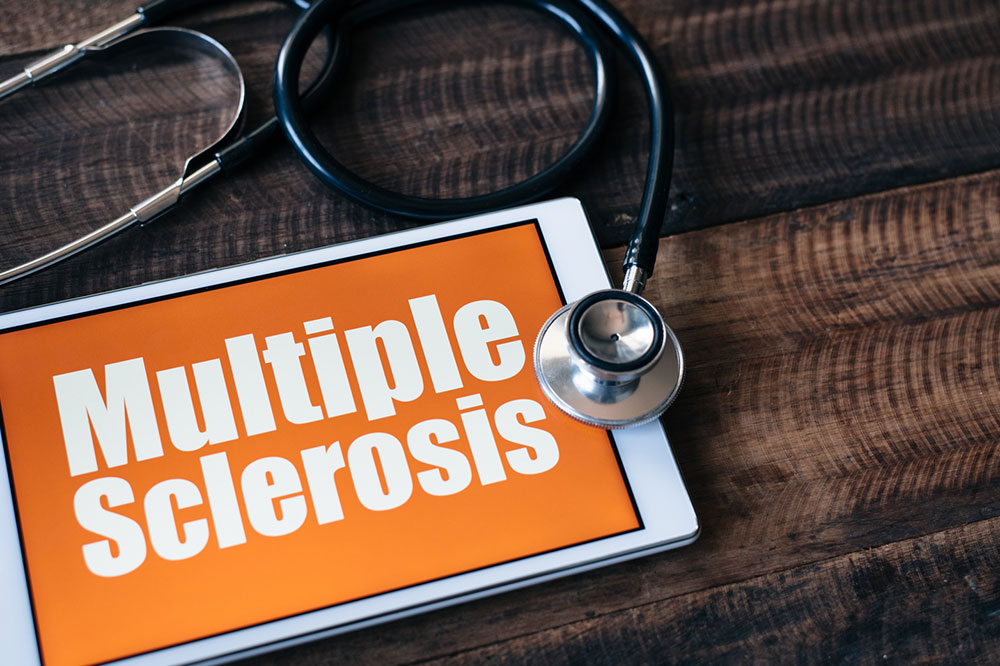Comprehensive Guide to Multiple Sclerosis: Causes, Symptoms, Diagnosis, and Management Strategies
Discover a comprehensive overview of multiple sclerosis, including its causes, symptoms, diagnosis, and management strategies. Learn how this complex autoimmune disorder affects the nervous system and what current treatments are available to improve patients' quality of life. Stay informed about the latest research and future prospects in MS care.

Comprehensive Understanding of Multiple Sclerosis (MS)
What Is Multiple Sclerosis?
Multiple sclerosis, commonly known as MS, is a complex autoimmune disorder that significantly impacts the central nervous system (CNS). In this condition, the immune system mistakenly identifies components of the CNS, particularly the myelin sheath that insulates nerve fibers, as foreign invaders. As a result, it launches an attack that damages or destroys this protective covering. The loss of myelin impairs the efficient transmission of electrical signals between the brain and the rest of the body, leading to a myriad of neurological symptoms. MS is characterized by a relapsing-remitting course, where periods of neurological flare-ups are interspersed with times of remission, but it can also progress steadily in some individuals, causing persistent disabilities.
While the precise cause of MS remains elusive, researchers agree that it results from a complex interplay of genetic and environmental factors. Genetic predisposition plays a role; individuals with a family history of MS are at higher risk. Environmental influences such as viral or bacterial infections, climate, and lifestyle choices—like smoking or vitamin D deficiency—also contribute to disease susceptibility. Epidemiological data indicate that women, especially between the ages of 15 and 60, are more commonly affected, with higher prevalence among people of Northern European descent. Early symptoms are often subtle and can include blurred or double vision, persistent numbness or tingling in limbs, chronic fatigue, balance issues, and muscle weakness. Over time, these symptoms may worsen or new symptoms may emerge, leading to significant functional impairments.
Diagnosis of MS is multifaceted, involving a combination of medical history, physical neurological examinations, magnetic resonance imaging (MRI) scans to detect lesions in the CNS, cerebrospinal fluid analysis through lumbar puncture, and blood tests to rule out other conditions. Because symptoms can mimic other neurological disorders, accurate diagnosis requires careful evaluation by a neurologist skilled in MS. Although there is currently no cure for MS, advances in medical research have led to various treatments aimed at managing symptoms, reducing the frequency and severity of relapses, and slowing disease progression. These include disease-modifying therapies (DMTs), corticosteroids for acute relapses, and symptomatic treatments for issues like spasticity, fatigue, and pain. Ongoing research continues to explore potential regenerative therapies and immunomodulation strategies that may improve long-term outcomes for patients.
Living with MS involves a multidisciplinary approach, including medication, physical therapy, occupational therapy, psychological support, and lifestyle adjustments. Regular monitoring and personalized treatment plans are crucial in enhancing quality of life and managing the unpredictable nature of the disease. As our understanding of MS deepens through scientific research, it is hoped that more effective and possibly curative therapies will become available in the future.





